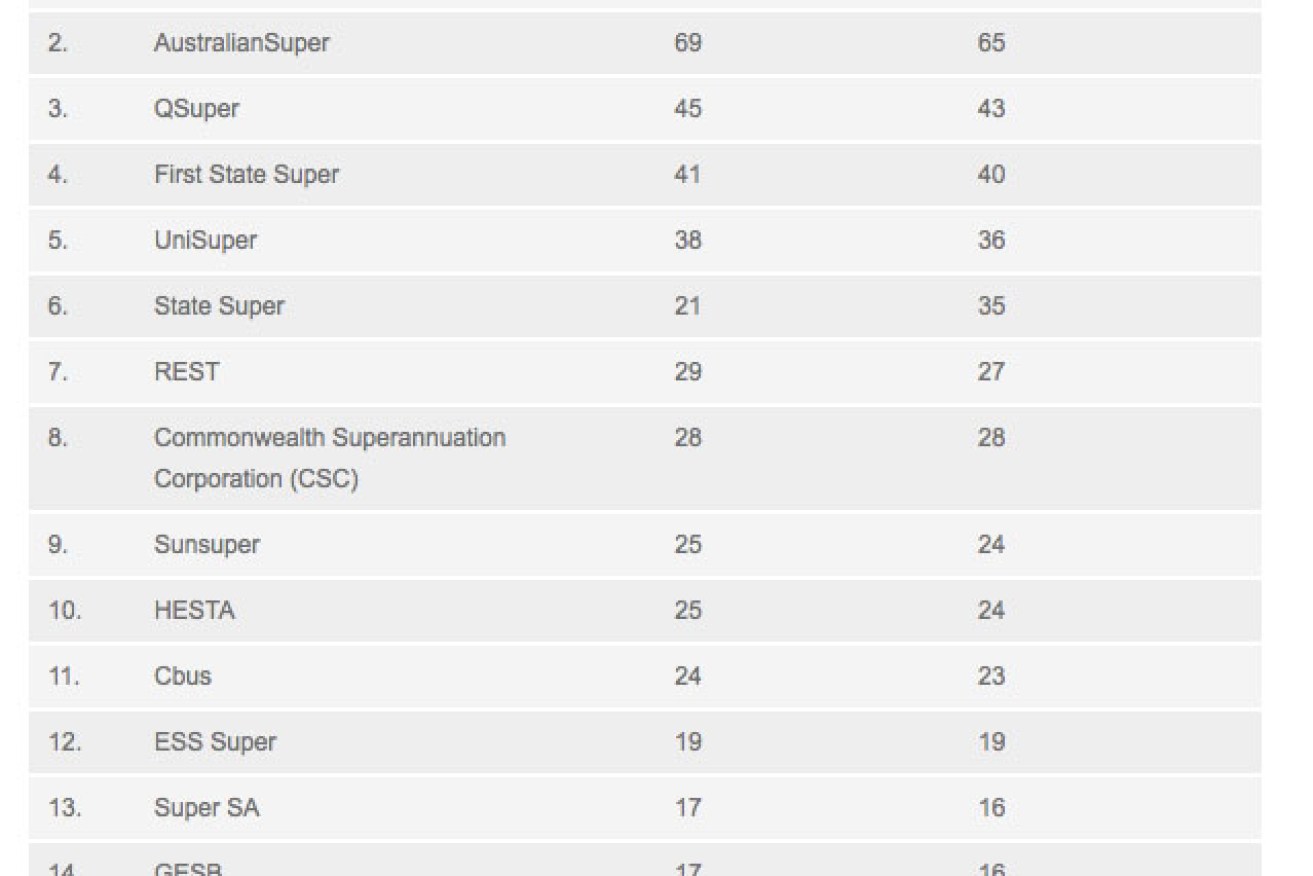Local super funds dominate global pension growth

Australian superannuation account balances are growing faster than most other countries, according to new analysis of the global retirement savings industry.
A survey of the asset growth of international super funds by the US-headquartered research consultancy, Towers Watson, found that Australia’s 16 largest funds have grown by an average of 14 per cent each year since 2009.
• Raiding super ‘not the answer’ to affordable housing
• Super funds warn members to expect lower returns
• How the sharemarket rout affected your super

Australia’s super system is exceeded in size only by Canada, the UK and the USA (the biggest). Photo: Shutterstock.
Only Norwegian and Chinese funds are growing faster at 19 per cent and 15 per cent respectively.
The combination of solid investment returns and higher compulsory contributions meant that asset growth within Australia’s big super funds are at least double those for superannuation members in the United Kingdom, Canada, Germany and Japan.
Paul Newfield, senior investment consultant for Towers Watson, attributes Australia’s stronger growth in superannuation assets to the investment strategies of most big funds.
“Australian super funds typically have a larger allocation to equities and other growth-orientated assets than other geographies and that has undoubtedly been the main driver,” he said.
“Positive returns over the five years since the global financial crisis in these growth-oriented assets have held Australian funds in particularly good stead.”
Australian super system punching above its weight
The Towers Watson survey is published annually and tracks the asset growth of the 300 largest funds in the world.
Sixteen local funds made it into the top 300 in the 2015 survey, with the country’s largest superannuation provider – AustralianSuper – ranked as the 43rd-biggest in the world.
Local industry funds and public sector providers dominate the Australian inclusions.
The survey also included the Commonwealth Future Fund, which was established by the Howard government to help finance the superannuation entitlements of public sector employees.
Here’s the list of Australian funds that were listed in the global top 300:
Only three other countries – the United States, Canada and Britain – had more funds in the list.
Mr Newfield said that most countries were still playing “catch-up” in developing their retirement savings systems.
“Many markets around the world are only starting to introduce compulsory contribution schemes,” he said.
“Australia genuinely leads the world in defined contributions.”
Challenges ahead
Despite the strong showing of Australian funds in the survey, Mr Newfield warned that recent volatility on global share markets would test their investment strategies.
Australian super funds generally take on more risk when selecting assets to invest in and that might see them generate lower growth in the volatile environment that now prevails.
On average, Australia’s biggest funds have around 75 per cent of assets invested in high growth assets such as equities and hedge fund products.
“That’s a high growth orientation by international standards and that might mean that Australian funds will potentially be more affected by the current volatility than overseas funds,” Mr Newfield said.

Share market volatility is a major challenge to Australian super funds ongoing growth. Photo: Getty
“The things that made you successful in the past are almost certainly not going to make you successful some time in the future.”
Market volatility hits recent returns
Most investment options offered through superannuation funds have lost ground since volatile sentiment hit markets in the middle of the year.
AustralianSuper’s balanced fund is showing a negative return of 1 per cent since July 1, while its hedged international shares option is down more than 5 per cent.
HESTA’s default option had lost 1.63 per cent to the end of August, but the fund’s chief investment officer, Robert Fowler, recently told members that the current market volatility had not altered the outlook for long-term growth in the fund’s assets.
“We believe that the recent volatility in share markets is largely a reflection of short-term investor sentiment, rather than a fundamental change in market conditions,” Mr Fowler told members in a letter.
“Economic fundamentals remain stable in other large world economies, including the United States, Europe and the UK.
“The portfolio remains well positioned to capture longer-term economic growth.”










